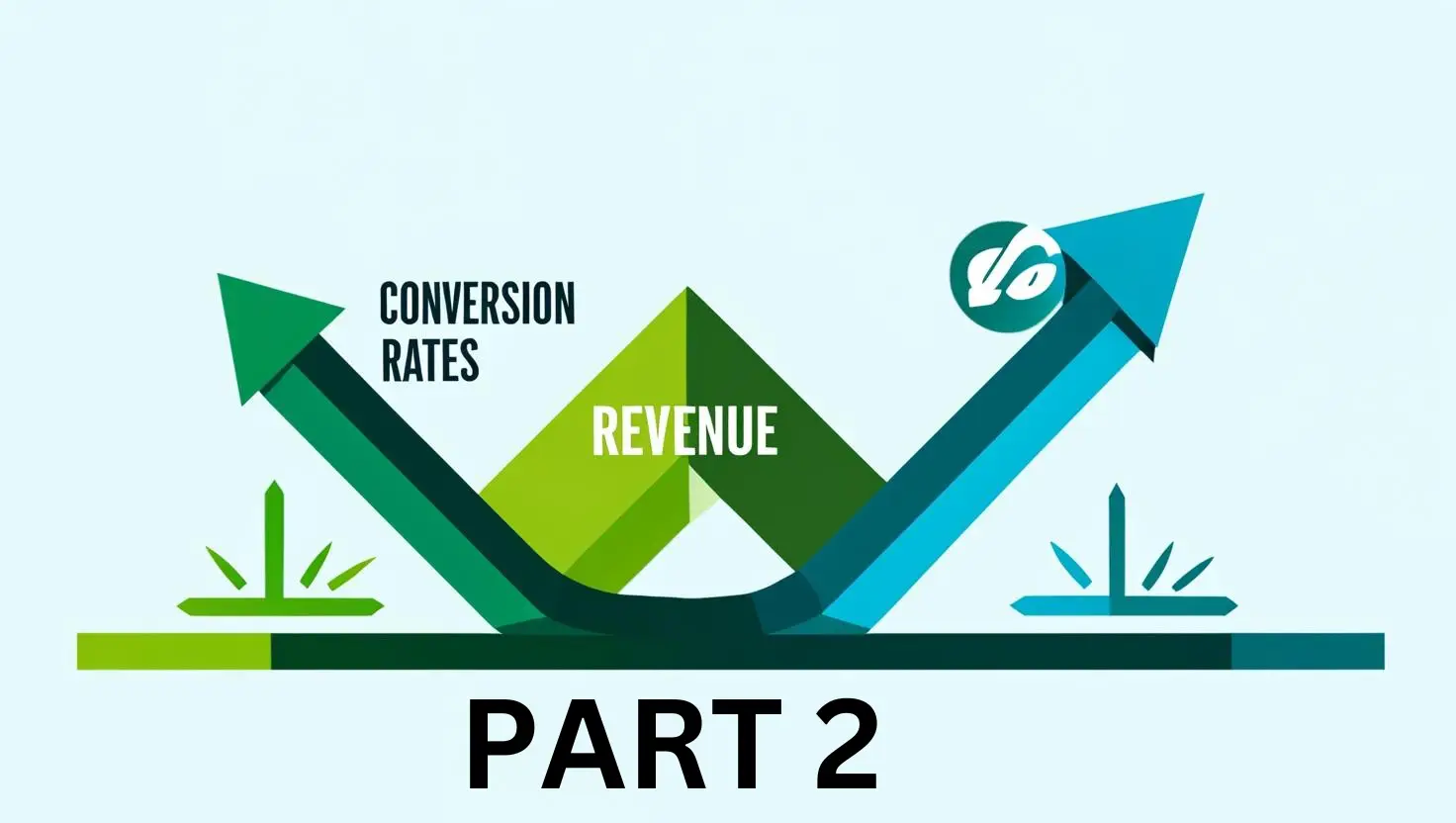Affiliate marketing is a powerful tool that can significantly enhance the growth and profitability of small businesses. By leveraging partnerships with affiliates who promote your products or services in exchange for a commission, you can expand your reach, drive more sales, and improve your brand visibility—all while working seamlessly with your existing marketing efforts.
Here’s how affiliate marketing can add value to your small business and why it’s worth considering as part of your overall marketing strategy.
- Pay Only for Performance – One of the biggest advantages of affiliate marketing is its performance-based model. Unlike traditional advertising, where you pay upfront without guaranteeing results, affiliate marketing ensures that you only pay when a sale is made or a specific action is completed. This reduces risk and makes it a cost-effective way to grow your business.
- Scalable Model – As your business grows, you can scale your affiliate program by adding more affiliates and expanding into new markets without significantly increasing costs. This scalability is especially valuable for small businesses with limited budgets.
- Leverage Partner Reach – Affiliates often have established audiences that trust their recommendations. By partnering with these influencers, bloggers, and niche websites, you can tap into new customer bases you may not have reached through traditional marketing channels.
- Create Brand Advocates – Affiliates act as brand advocates, spreading the word about your products or services. Their endorsement adds credibility to your brand, making it more appealing to potential customers. Over time, this can significantly boost brand awareness and recognition.
- Integration with Other Channels – Affiliate marketing doesn’t work in isolation. It complements your existing marketing strategies. For example, affiliates can amplify your social media campaigns by sharing your content with their followers or enhance your email marketing by driving traffic to your landing pages.
- Maximize Data-Driven Insights – The data generated from affiliate marketing can provide valuable insights into what resonates with your audience. By analyzing the performance of different affiliates, you can identify which messages, products, or offers are most effective. This information can then inform your broader marketing strategy, helping you optimize other channels as well.
- Ease of Implementation – Setting up an affiliate program is relatively straightforward, especially with the availability of customizable affiliate management tools. These tools handle tracking, reporting, and payments, making it easy for small businesses to manage their affiliate relationships and fine-tune their affiliate program to overall business objectives.
- Reduce Upfront Costs – Unlike many other marketing channels that require substantial initial investment, affiliate marketing allows you to start small and scale as you see success. You can begin by partnering with a few key affiliates and expand the program as your revenue grows.
- Develop Highly-Targeted Promotions – Affiliates often specialize in specific niches, allowing you to reach highly targeted audiences that are more likely to convert. This targeted approach leads to higher-quality leads and better customer acquisition rates.
- Establish Long-Term Relationships – Building long-term relationships with affiliates can lead to sustained growth. As affiliates continue promoting your brand over time, they can help nurture repeat customers, increasing lifetime value and overall retention.


